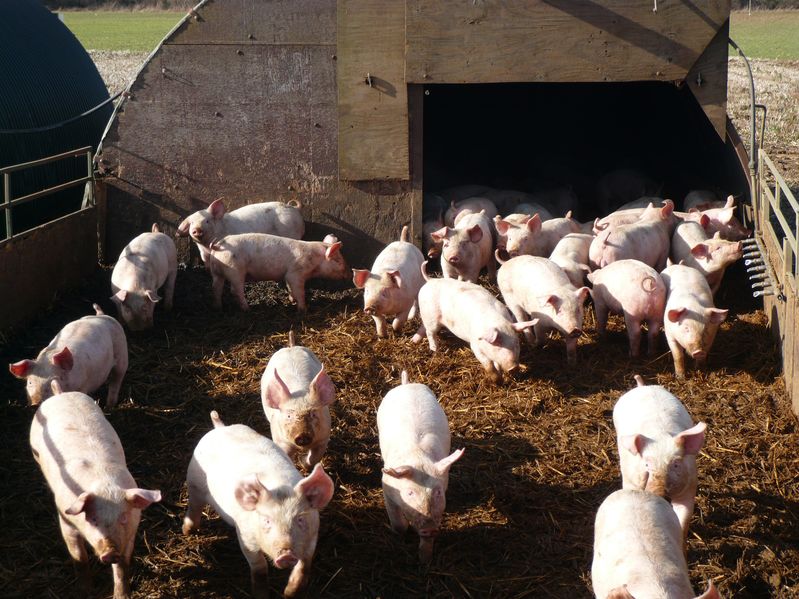
The European Union has set targets to drastically cut sales of the antibiotic 'colistin' for animals by 65 per cent over the next 3 to 4 years.
The European Medicines Agency said colistin should only be used as a final resort only.
The Agency said efforts must be made to minimise sales of antibiotics in the EU, so that the agricultural sector can combat the risk of antimicrobial resistance.
All member states of the EU are being encouraged to reduce the use of colistin in animals to a target of 5mg of colistin per population correction unit (PCU).
PCU means the estimated weight of livestock and slaughtered animals.
If this continued over the space of 3 to 4 years, it could result in an overall reduction of about 65% in current sales of colistin for veterinary use, the EMA claimed.
The Agency said other antimicrobials should not become popular due to the decreased use of colistin.
Member States are also encouraged to set stricter national targets, ideally below 1 mg colistin/PCU as a desirable level.
About colistin
Colistin or colistimethate sodium has been used for over 50 years in both humans and animals.
In human medicines it is a last resort medicine to treat bacterial infections resistant to other antibiotics.
In veterinary medicine, colistin has been used to treat infections caused by Enterobacteriaceae in farm animals.
Partly due to the development of resistance to other classes of antibiotics, colistin consumption has increased in recent years.
Today it is one of the five most commonly used antibiotics in animals within the EU.
